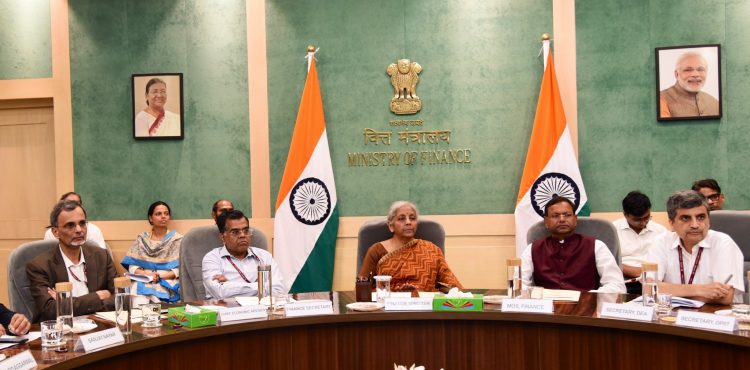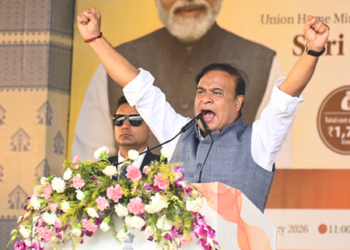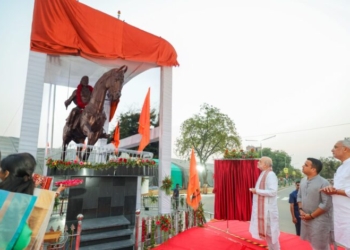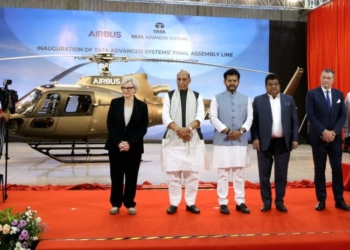New Delhi: Terming the upcoming Union Budget 2024-2025 a blueprint of the path towards becoming Viksit Bharat by 2047, the PHD Chamber of Commerce and Industry (PHDCCI) said on Thursday that calibrated steps to enhance domestic sources of growth would be crucial to maintain a higher economic trajectory of the country.
In a pre-budget memorandum presented to Finance Minister Nirmala Sitharaman by Sanjeev Agrawal, President, PHDCCI, and other chamber members, as she met industry leaders to chalk out the budget strategy, the top industry body said the Union Budget is being presented at a crucial juncture of global headwinds.
“The global economy is gradually rebounding from the effects of Covid-19 and the ongoing geopolitical issues, with the International Monetary Fund (IMF) projecting 3.2 per cent growth for 2023-2025. India’s economy remains resilient, with growth rates of 9.1 per cent in 2021-22, 7.2 per cent in 2022-23, and 7.6 per cent in 2023-24, and is expected to surpass 8 per cent in 2024-25,” according to the document.
The PHDCCI document suggested that as the country prioritises a “green economy” under the vision of Prime Minister Narendra Modi, the Union Budget should encourage “reputable organisations” to promote green project financing by offering lower interest rates and boosting investments in the green sector.
It should also “facilitate the transition of wind original equipment manufacturers in India to higher mega-wattage turbines by improving road infrastructure for transportation of large-sized blades”, according to the industry body.
The budget can further stimulate manufacturing sector growth to boost GDP contribution beyond 25 per cent, fueled by the increasing export trend in high-technology products. Over the years, India’s manufacturing sector has maintained significant momentum. In FY 2023-24, the manufacturing sector achieved a growth rate of 9.9 per cent. Further reforms will enhance the manufacturing share in GDP by at least 1 percentage point every year, said the industry body.
According to PHDCCI, India is emerging as one of the most attractive destinations for investments.
“Government initiatives are enhancing the ease of doing business. Reduced costs of doing business, including costs of capital, costs of power, costs of logistics, costs of land, and costs of compliances, will boost competitiveness and decrease imports in sectors where India is capable,” it noted.
The industry body also suggested expanding the production-linked incentive (PLI) scheme beyond the 14 sectors to include medicinal plants, handicrafts, leather and footwear, gems and jewellery and the space sector, among others. India is emerging as the startup hub of the world and has over 100 unicorns. “Hand-holding is required for enhanced access to the government e-marketplace (GeM), technology and artificial intelligence (AI)-based development, and strengthening the incubation framework,” read the document.
The logistics sector is the backbone of the functioning of all the other sectors of India’s economy. “To improve logistics development in the nation, the application of advanced technology is recommended, including rail-road connectivity, the Internet of Things (IoT), and AI, among others,” said the PHDCCI.
To boost private investments, focus on taxation and cost rationalisation is essential. “In the direct tax segment, the government should include requests for reduction in rates of taxation for individuals and Limited Liability Partnership (LLP) concerns, promotion of electric vehicles by allowing higher depreciation and extending benefits and increasing limits for prosecution in TDS matters to Rs 50 lakh to ensure prosecution only in large and sensitive matters along with a reduction in the rate of compounding in prosecution matters, among others,” it noted.
(IANS0















